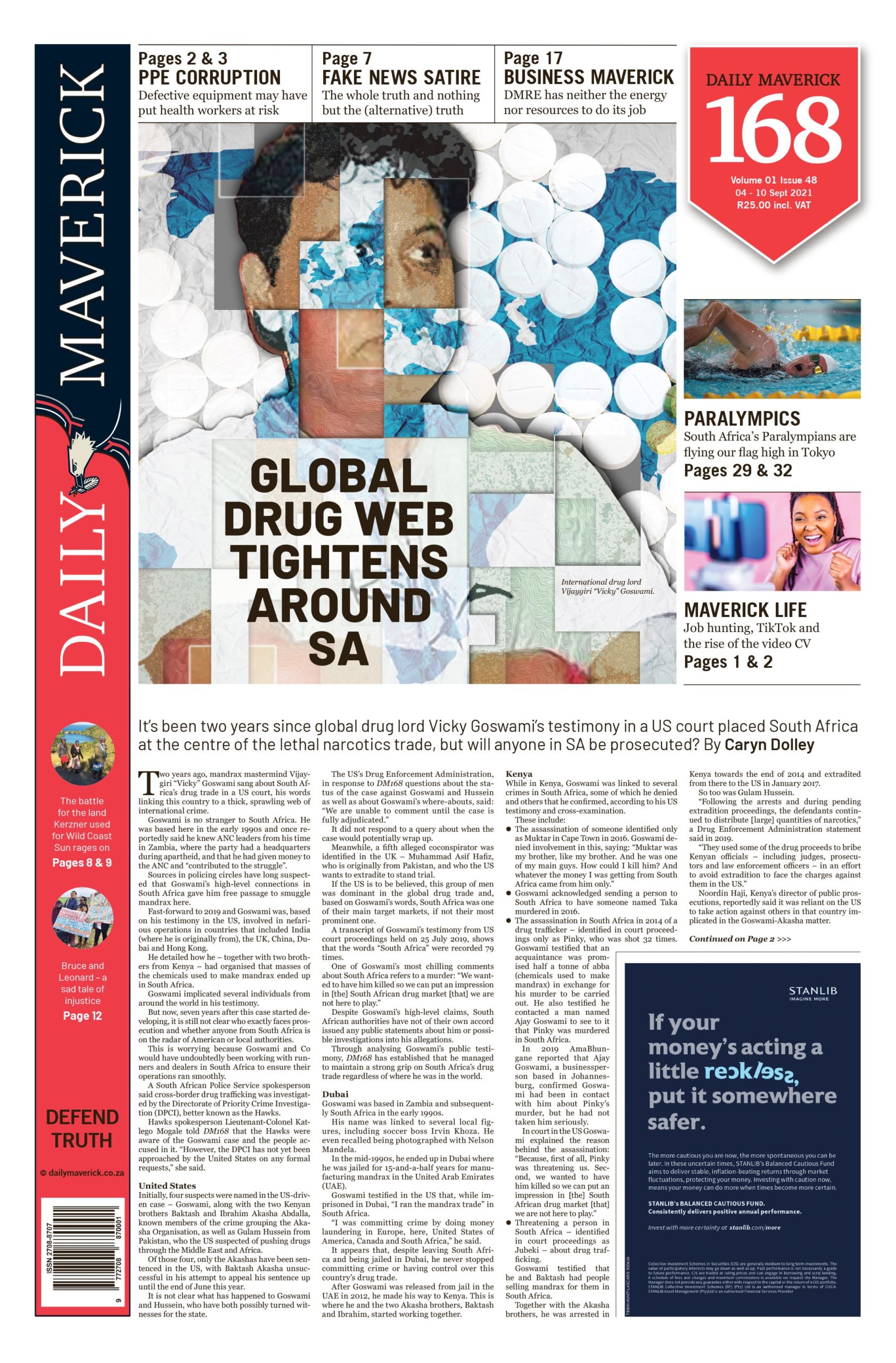First published in the Daily Maverick 168 weekly newspaper.
It was perhaps a time when listening and compromise were in vogue, and when common-sense leaders could thrive. Optimism abounded as all major economies were expanding at rapid rates. In the US, the subprime housing sector was on a tear. With commodities booming, the South African economy grew at a near record and now scarcely believable 5.3%.
And yet, of all the things that have changed, one has not: who the most powerful person in Europe and the most powerful woman on the planet is. This year, after an astonishing 16 years at the pinnacle of German and European influence, Angela Merkel will step down. Politically, but also economically, what is her legacy?
According to David McAllister, chairman of the Foreign Affairs committee of the European Parliament and senior member of Merkel’s Christian Democratic Union, Merkel’s time as chancellor can be described succinctly: consensus and compromise. With her time in the Chancellery in Berlin being characterised by one storm engulfing the world after another, she was the “Crisis Chancellor” par excellence. Each time she avoided taking long-term strategic positions. Instead, what she did has even resulted in a new German verb being coined. What she did was to “Merkeln”, which can be roughly translated as muddling through by finding a solution that was what no one wanted and was universally fairly disliked, and therefore broadly acceptable to everybody.
Katarina Barley, her former justice minister, adds that this ability to pull solutions out of the hat at the very last minute is down to her personal style of calmly and steadfastly listening, assessing, weighing up all the various points of view and then finally deciding on a position. Born in former East Germany and with a PhD in quantum chemistry, Merkel approached political and economic problems as if in a laboratory. “Quite astonishingly, she has almost no political ego at all,” says Barley.
This quality, all too rare in the gung ho world of politics today, has been almost universally praised. However, after all these crises, all this muddling through and all this consensus, trying to define what she stood for remains elusive. When politicians are so determined to rule through consensus and are so averse to Macronian grand statements or, that much maligned word, “visions”, it can be very hard to tell what they represent ideologically, if anything at all.
Economically this is even more problematic. Following the large-scale reforms of the Schröder era, she had no master plan for the economy and gambled on ever-ebullient German exports. This gamble paid off, despite the German economy running persistent current account surpluses, much to the chagrin of its Eurozone neighbours.
Her fixation on balancing budgets became the stuff of legend, leading to lazy comparisons with a strict Hanoverian housewife watching every pfennig. The fact that her nickname is Mutti, or mother, did not help. A major coup was altering the German constitution to legally force the Federal Republic and Bundesländer into running balanced budgets or the “schwarze Null”, black zero. This she then managed to export to the Eurozone itself, by strong-arming all member states into agreeing to run balanced budgets in the Stability and Growth Pact.
The consequences of this during the Eurozone crisis were disastrous, compounding the downturn with procyclical fiscal policy. While the US powered out of the financial crisis through fiscal stimulus, the Eurozone stumbled on for years, trapped in this Germanic fiscal straitjacket. Muddling through from one crisis European Council meeting to the next, for almost six years no one could tell whether Greece was going to remain part of the common monetary area or not, and indeed whether the euro itself would survive. The austerity measures that were enforced on Greece with her support by the troika had disastrous economic and humanitarian consequences.
Her views on the Eurozone itself and European integration can best be described as nebulous to the point of nonexistence. Always wary of taking a grand economic leap, after the rapid progress of the 1990s critics blame her for being a handbrake and putting integration on hold. Split east to west on immigration and the rule of law, and north to south on a future fiscal union, Europe today is almost more divided than ever. The cause of Federalists has never seemed tougher.
While there is no doubting her abilities in handling crises, history may judge her harshly. German chancellors tend to go down in history for the one or two major contributions they made; Konrad Adenauer, for forging a country post-apocalypse; Willy Brandt, for engaging with Gorbachev; Helmut Kohl, for unification and the euro. Merkel may simply be remembered for dealing with the combined pressures of the Eurozone crisis, the immigration crisis and the pandemic. This will sadly, however, not be enough for her hagiographers to be able to claim that she was, indeed, a great chancellor. DM168
This story first appeared in our weekly Daily Maverick 168 newspaper which is available for R25 at Pick n Pay, Exclusive Books and airport bookstores. For your nearest stockist, please click here.


















 Become an Insider
Become an Insider
Comments - Please login in order to comment.